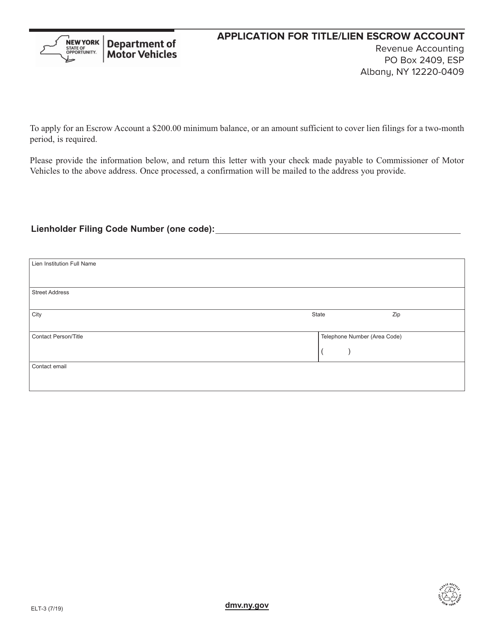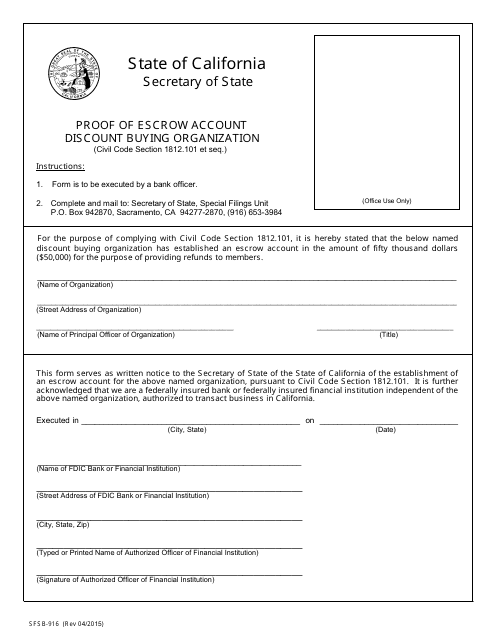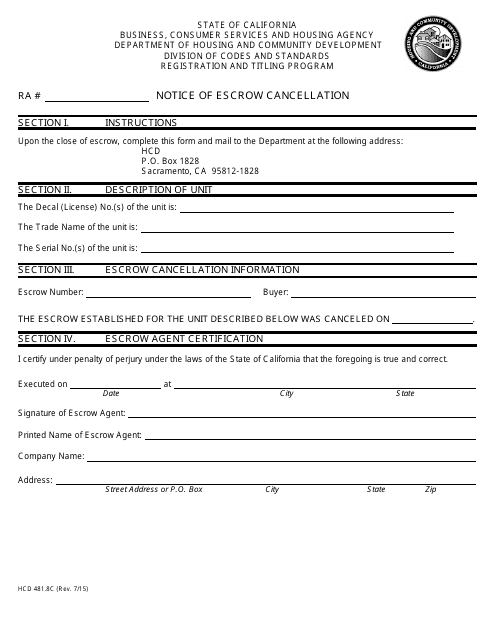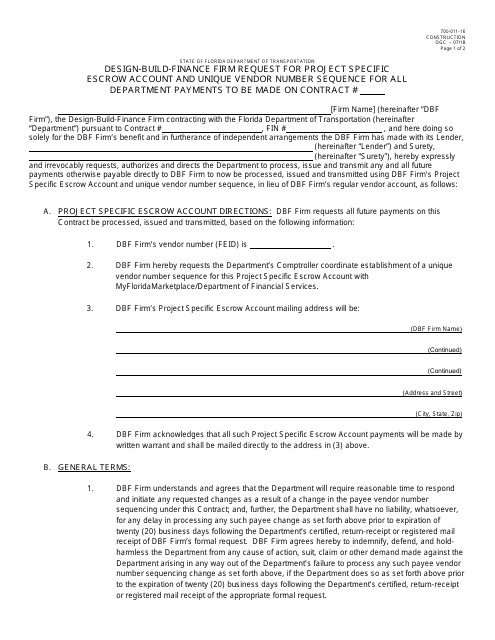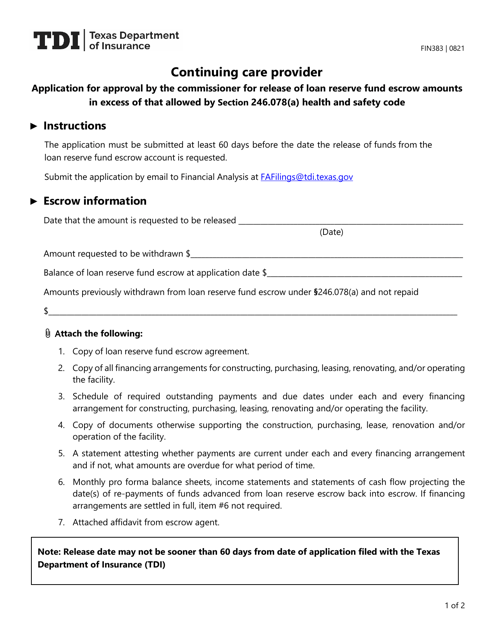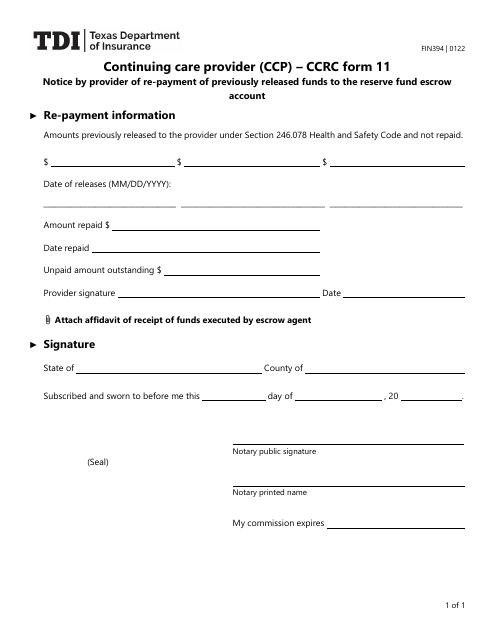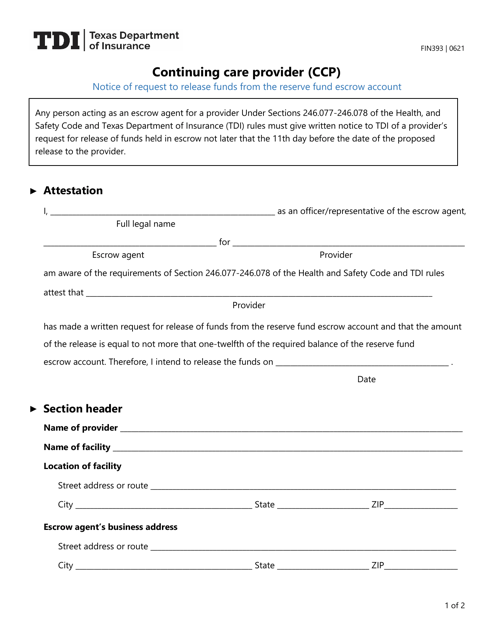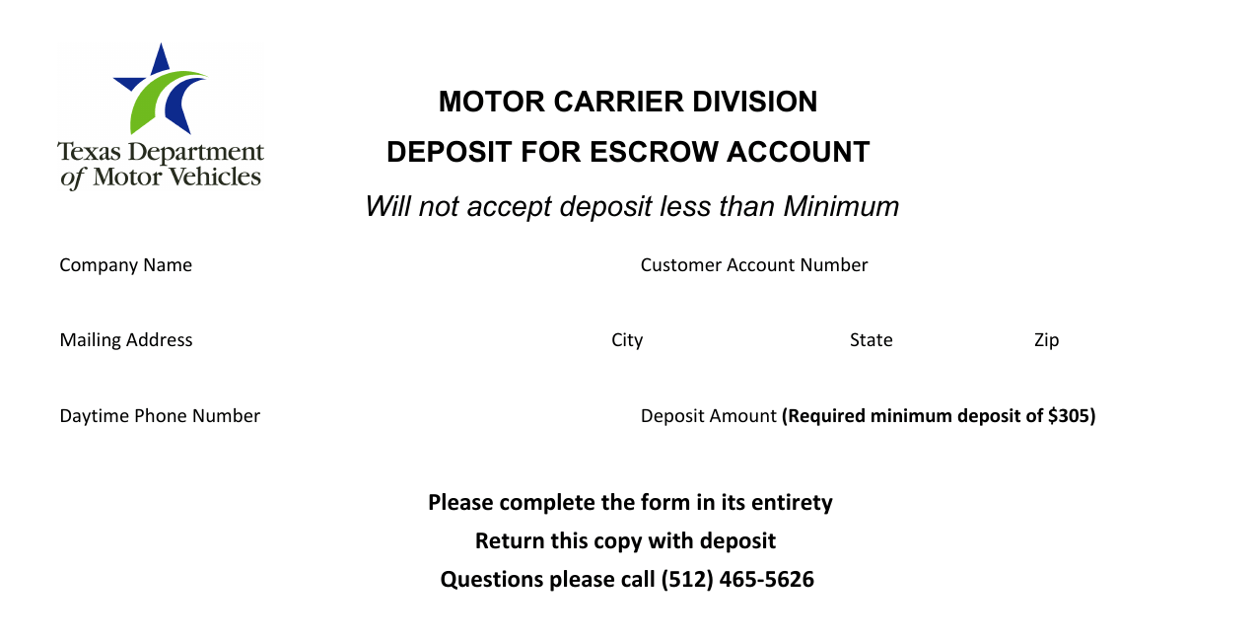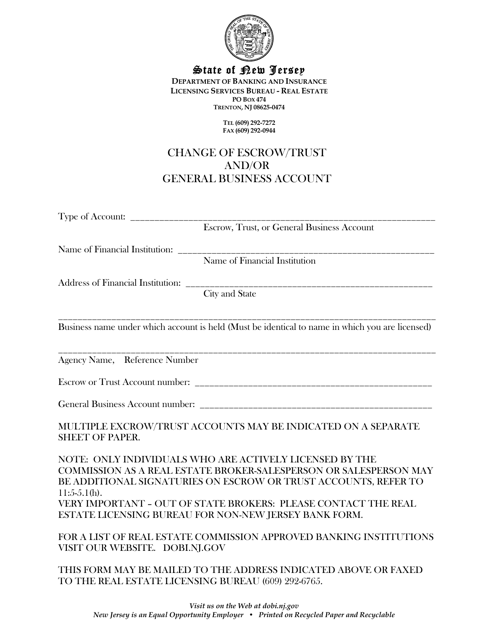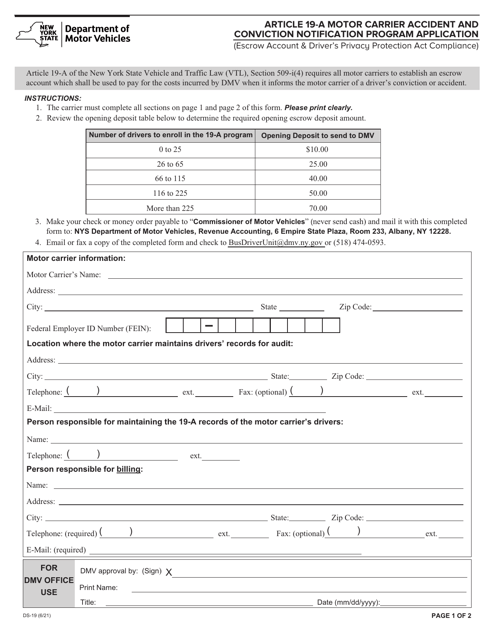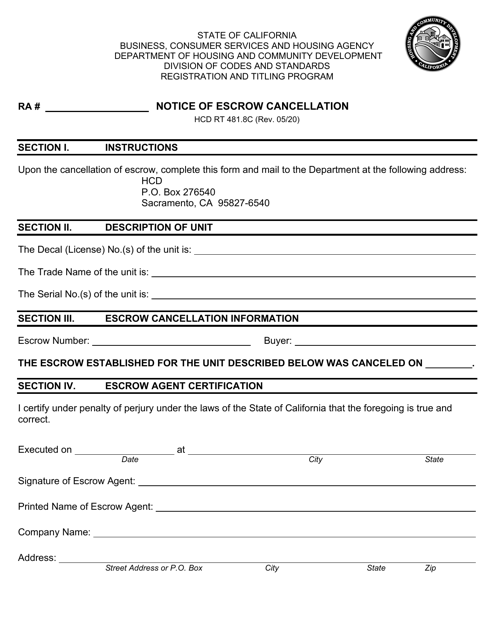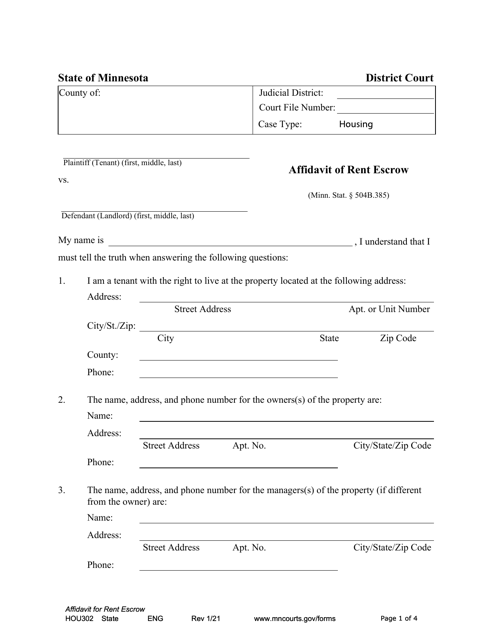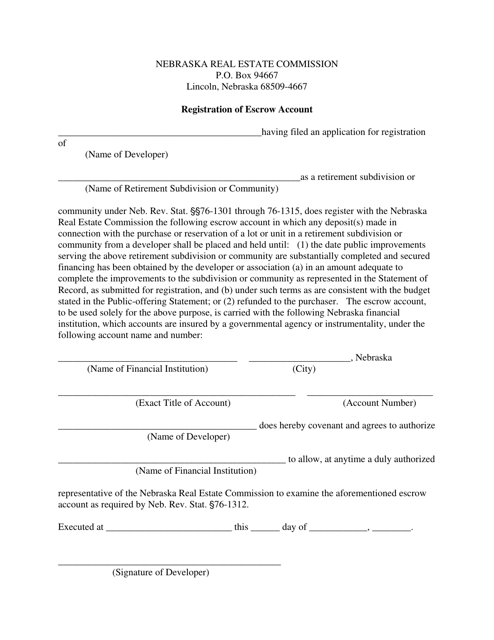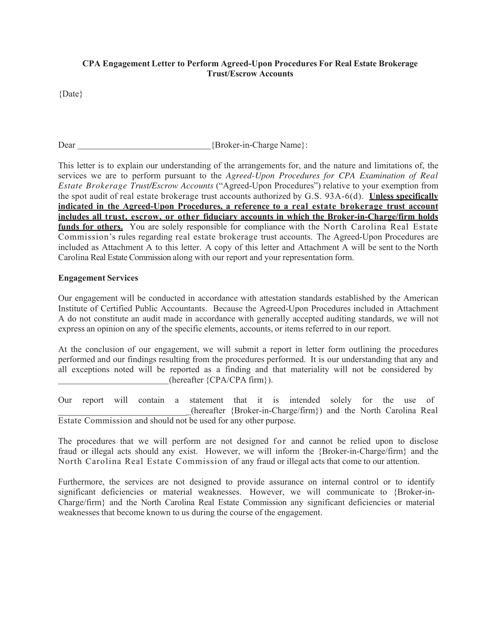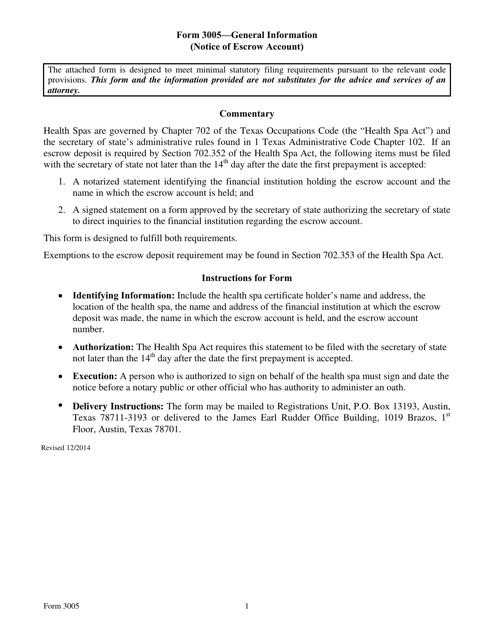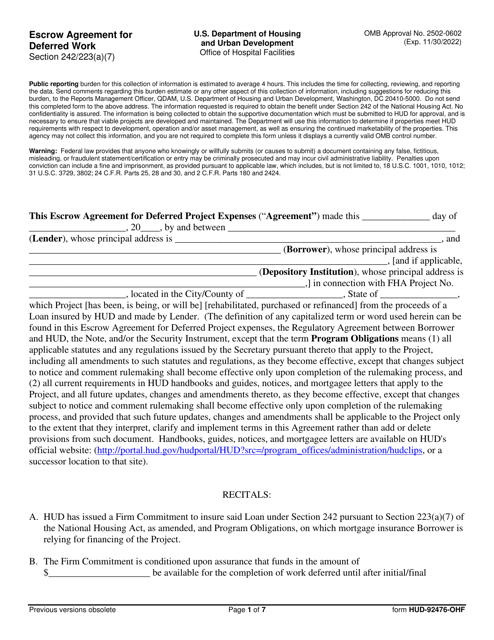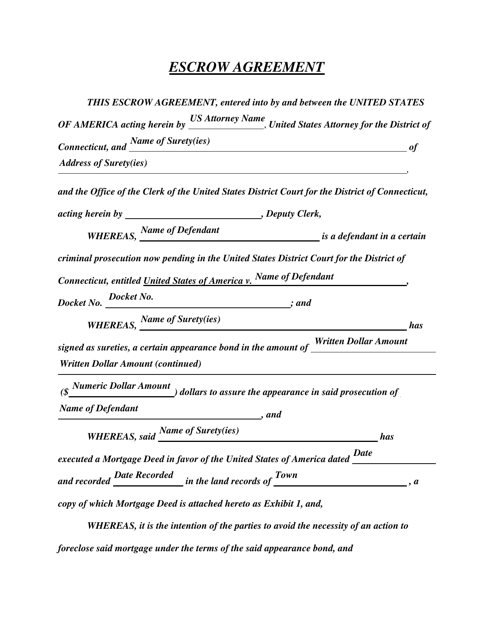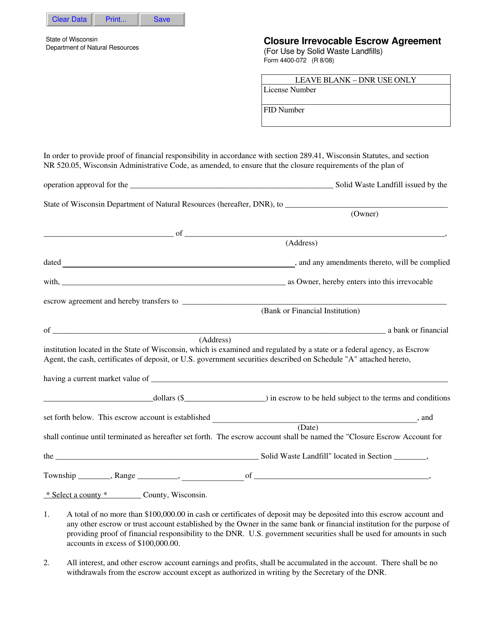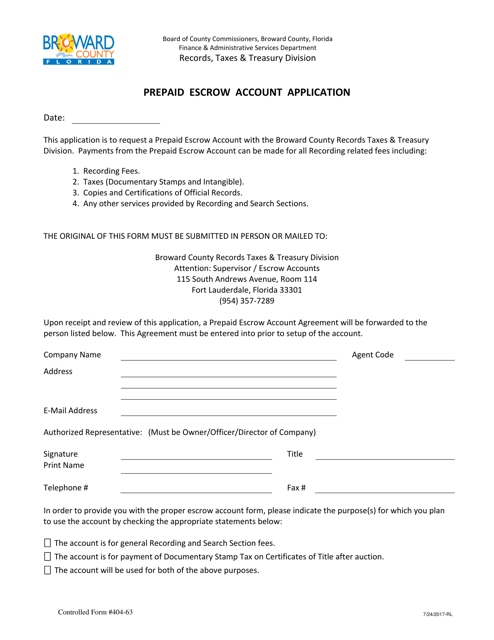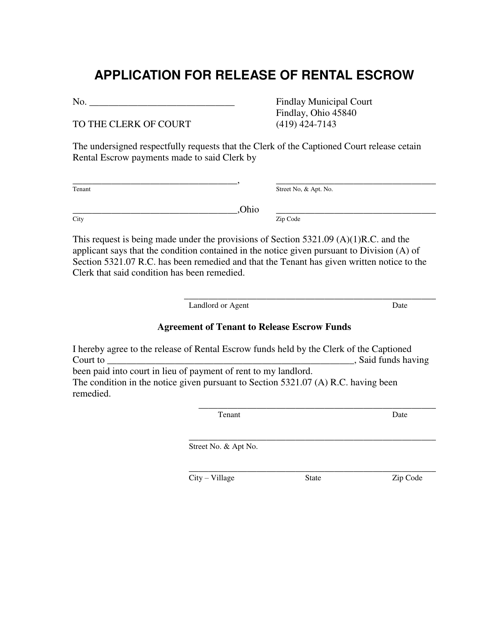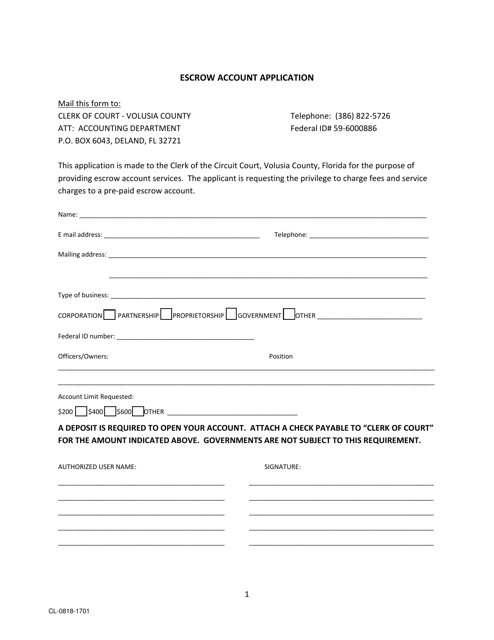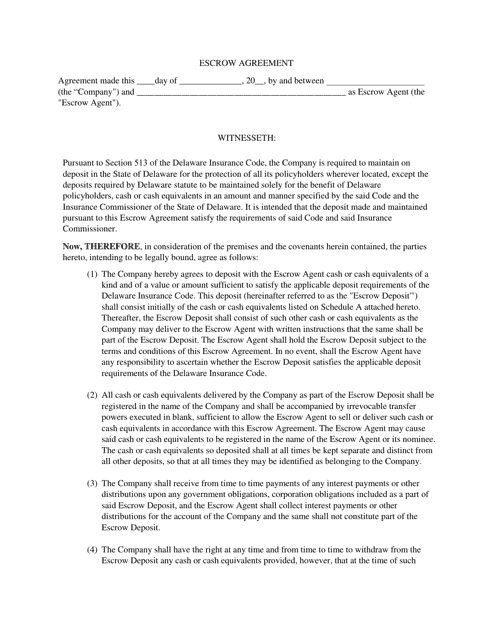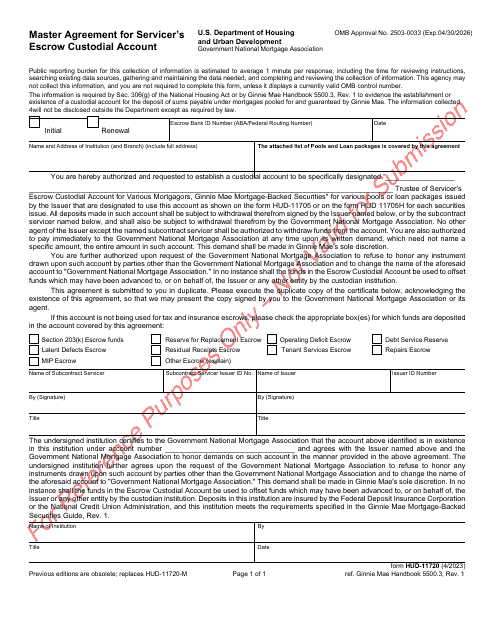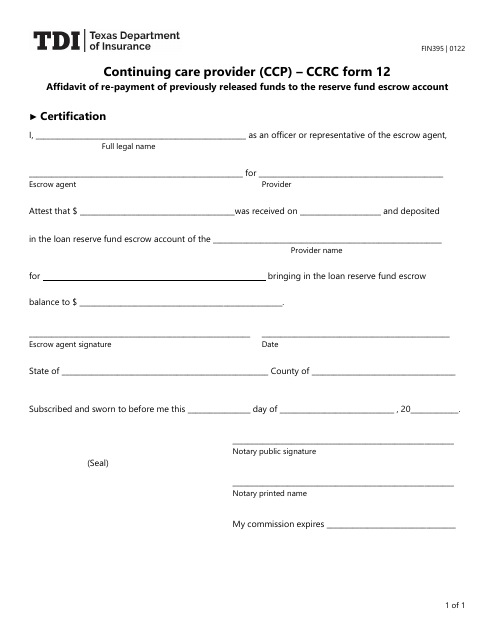Escrow Account Templates
An Escrow Account, also known as an escrow account or escrow accounts, is a secure financial arrangement that holds funds or assets on behalf of two parties involved in a transaction until the agreed-upon conditions are met. It serves as a neutral third party, safeguarding the funds and ensuring their proper allocation.
In various jurisdictions like Texas, Nebraska, and Ohio, specific documents like Form FIN383 (CCRC Form 2) Application for Approval by the Commissioner for Release of Loan Reserve Fund Escrow Account Amounts, Registration of Escrow Account for Retirement Subdivision or Community, Form 3005 Notice of Escrow Account, Application for Release of Rental Escrow, and Escrow Agreement play vital roles in the establishment, monitoring, and release of funds or assets held in an escrow account.
Whether you are a buyer, seller, lender, or borrower, having knowledge of these documents and understanding their purpose is crucial in navigating escrow account transactions effectively. These documents guide the parties involved and ensure transparency, compliance, and accountability.
At Templateroller.com, we provide comprehensive information and resources about escrow accounts, including the aforementioned documents. Our platform serves as a knowledge hub for individuals and businesses seeking to understand the ins and outs of escrow accounts and their associated documentation. Explore our website to learn more about the process, benefits, and legal requirements of escrow accounts. Let us be your trusted resource in the world of escrow accounts.
Documents:
29
This form is used for providing proof of an escrow account to obtain a discount buying organization bond in California.
This form is used for notifying the cancellation of an escrow in the state of California.
This form is used for design-build-finance firms in Florida to request a project-specific escrow account and a unique vendor number sequence for all Department payments to be made on a contract.
This document is used for depositing funds into an escrow account in Texas. It helps to keep track of the amount of money being deposited and is typically used in real estate transactions or other situations where a third party is holding funds on behalf of the parties involved.
This document is used for changing an escrow or trust account or a general business account in the state of New Jersey.
This form is used for notifying the cancellation of an escrow in California.
This document is used for registering an escrow account for a retirement subdivision or community in Nebraska. It ensures that funds are set aside for the development and maintenance of the community.
This document is an engagement letter for Certified Public Accountants (CPAs) to perform agreed-upon procedures for real estate brokerage trust/escrow accounts in North Carolina. It outlines the scope of services and responsibilities of the CPA firm and the client.
This form is used for notifying individuals in Texas about an escrow account.
This document is an escrow agreement for deferred work that is used in certain housing assistance programs. It outlines the terms and conditions for withholding funds in an escrow account until specified work is completed.
This document outlines the terms and conditions of an escrow agreement in the state of Connecticut. It is used to protect the interests of all parties involved in a transaction by holding funds or assets until certain conditions are met.
This document is used for closing an irrevocable escrow agreement for solid waste landfills in Wisconsin.
This document is used for applying for a prepaid escrow account in Broward County, Florida.
This document is used for requesting the release of a rental escrow in the City of Findlay, Ohio.
This Form is used for applying for an escrow account in Volusia County, Florida.
This Form is used for requesting an analysis of escrow payments for homeowners with a State Home Mortgage in the state of Georgia.
This document is used for setting up an escrow agreement in the state of Delaware.
This Form is used for establishing a master agreement between a servicer and an escrow custodial account. It outlines the terms and conditions for managing escrow funds.

